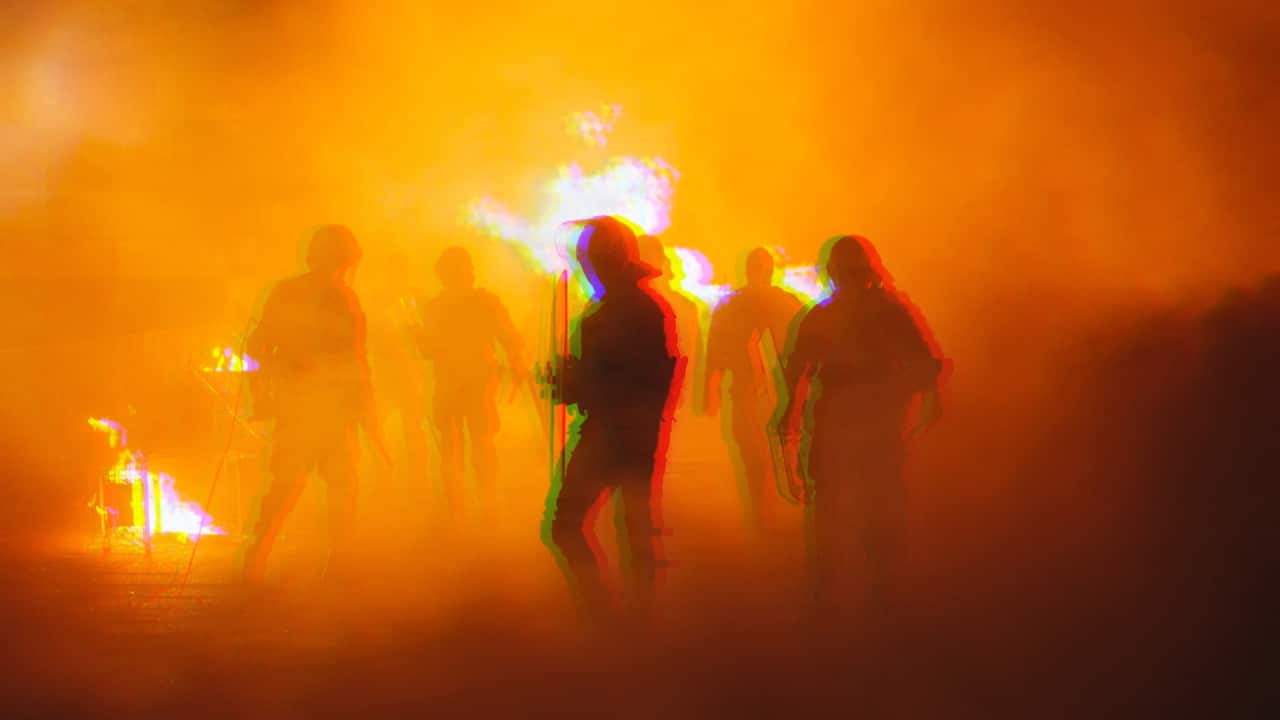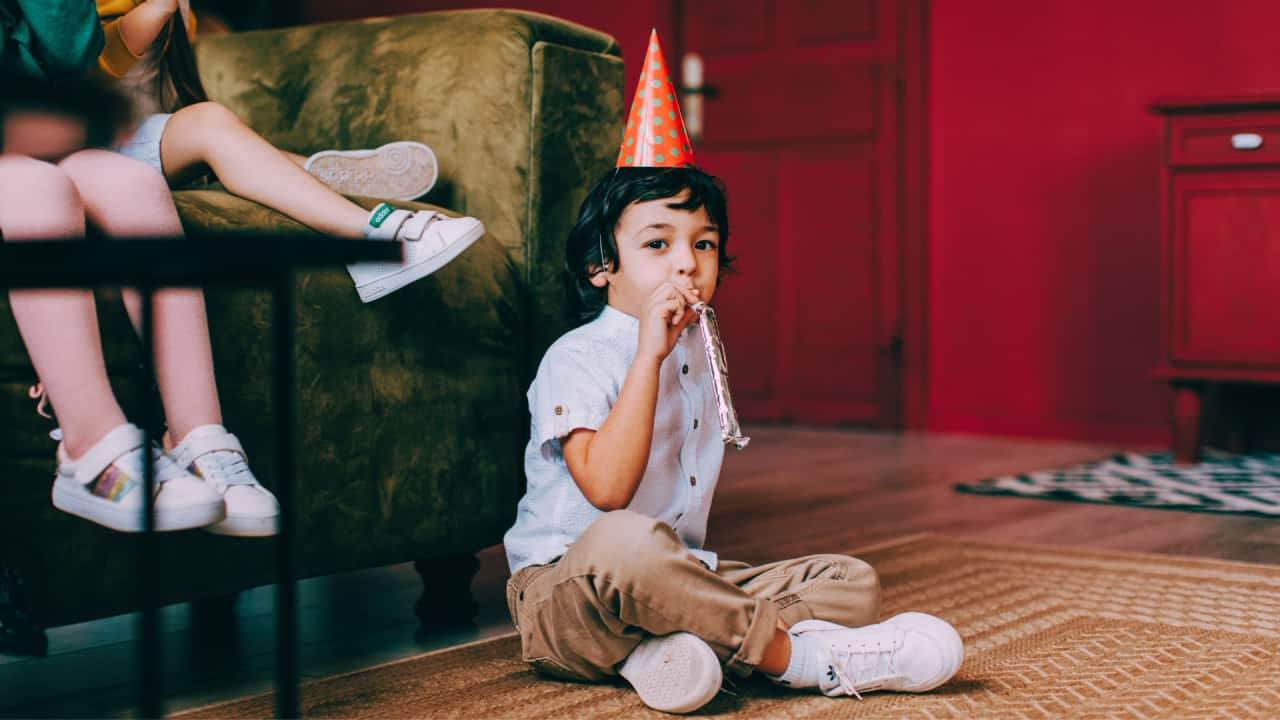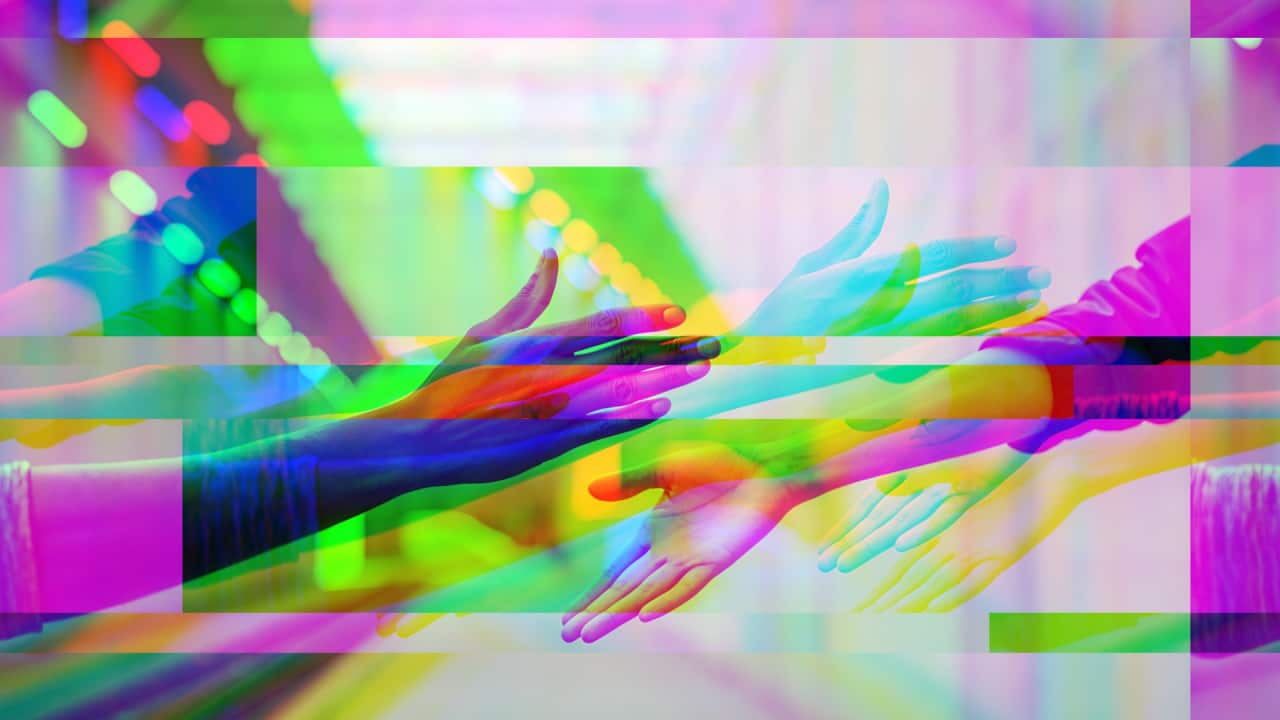Nick Haslam, Professor of psychology from the University of Melbourne, told SBS Examines hatred often stems from a sense of "unfair victimisation that you've suffered, and there's not much you can do about it."
People feel hatred in response to humiliations or maltreatment they think they've suffered at the hands of another personal group.
"That drives an emotional state, which is often a chronic kind of anger or content or aggressiveness or hostility. And that motivates action, which is usually some sort of revenge or distancing or desire to see the people who you hate suffer in some way."
Associate Professor Matteo Vergani, Director of the Tackling Hate Lab, says there's an evolutionary basis for prejudice — but we can "override emotional impulses".
"Of course humans can resist hate," he said.
This episode of SBS Examines: Understanding Hate looks at the psychological roots of hate, and the impact of extreme division in our society.







